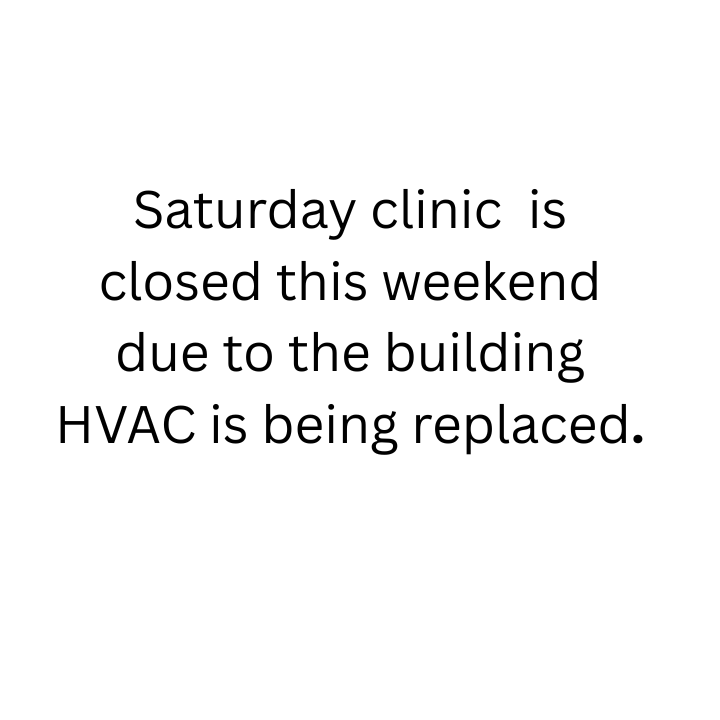When your child starts having trouble in school, it’s natural to feel concerned. This article will guide you through the common issues that can affect a child’s school performance, including potential causes, warning signs, and how to know when to seek professional help.
At Bootin and Savrick Pediatric Associates in Houston, TX, we understand the importance of early intervention. If you’re worried about your child’s academic progress, we encourage you to contact our office to schedule a consultation. We’re here to help your family thrive.
School performance issues in children can emerge at any stage and often stem from multiple interconnected factors. Children face growing academic demands each year, and when struggles arise, the effects can ripple across many aspects of their lives.
Some children may face challenges due to learning disabilities, mental health issues, behavior problems, or chronic illnesses. Others may be dealing with environmental stressors like domestic violence, frequent changes in schools, or a lack of emotional support at home. The combination of these issues can significantly affect a child’s academic success and overall well-being.

A wide variety of factors can lead to academic struggles in children. Understanding the root causes is essential to finding the right solutions.
At Bootin and Savrick Pediatric Associates, we have experience treating a range of health conditions that impact a child’s academic growth and emotional development. We work closely with specialists, families, and schools to develop holistic treatment plans that support children in reaching their full potential.
Recognizing the early signs of academic problems can make a huge difference. Some red flags include:
Other signs might be more subtle, like taking longer to complete school work or struggling with foundational skills appropriate for the child’s age. If your child begins to show signs of academic challenges, open communication with your child’s teachers and healthcare providers is a great first step.
It’s time to consult your pediatrician if your child is consistently struggling despite support from school administrators and teachers. You should also reach out if:
Our team at Bootin and Savrick Pediatric Associates evaluates a variety of concerns contributing to low academic performance. We may also refer your child to a mental health professional, educational specialist, or conduct screenings for learning disabilities or intellectual disability. Early action can significantly improve a child’s academic achievement and emotional well-being.
Improving a child’s school performance often requires a team-based approach. Here are key strategies to consider:
Every child has unique strengths and needs. Whether it’s helping your child manage stress, identifying a learning disorder, or connecting with school administrators, Bootin and Savrick Pediatric Associates can provide support every step of the way.
Supporting your child through academic struggles is one of the most important things you can do to foster long-term success. By identifying the causes of school issues early and providing targeted help, you can promote better school achievement, emotional health, and confidence.
If you’ve noticed your child struggling with academic performance, don’t wait. Bootin and Savrick Pediatric Associates in Houston, TX, is here to help assess and support your child’s learning and development.
We collaborate with schools and specialists to find the right solutions for your child. Contact us today to schedule an appointment and take the first step toward supporting your child’s academic journey.
Medically reviewed by Dr. Patti Savrick
